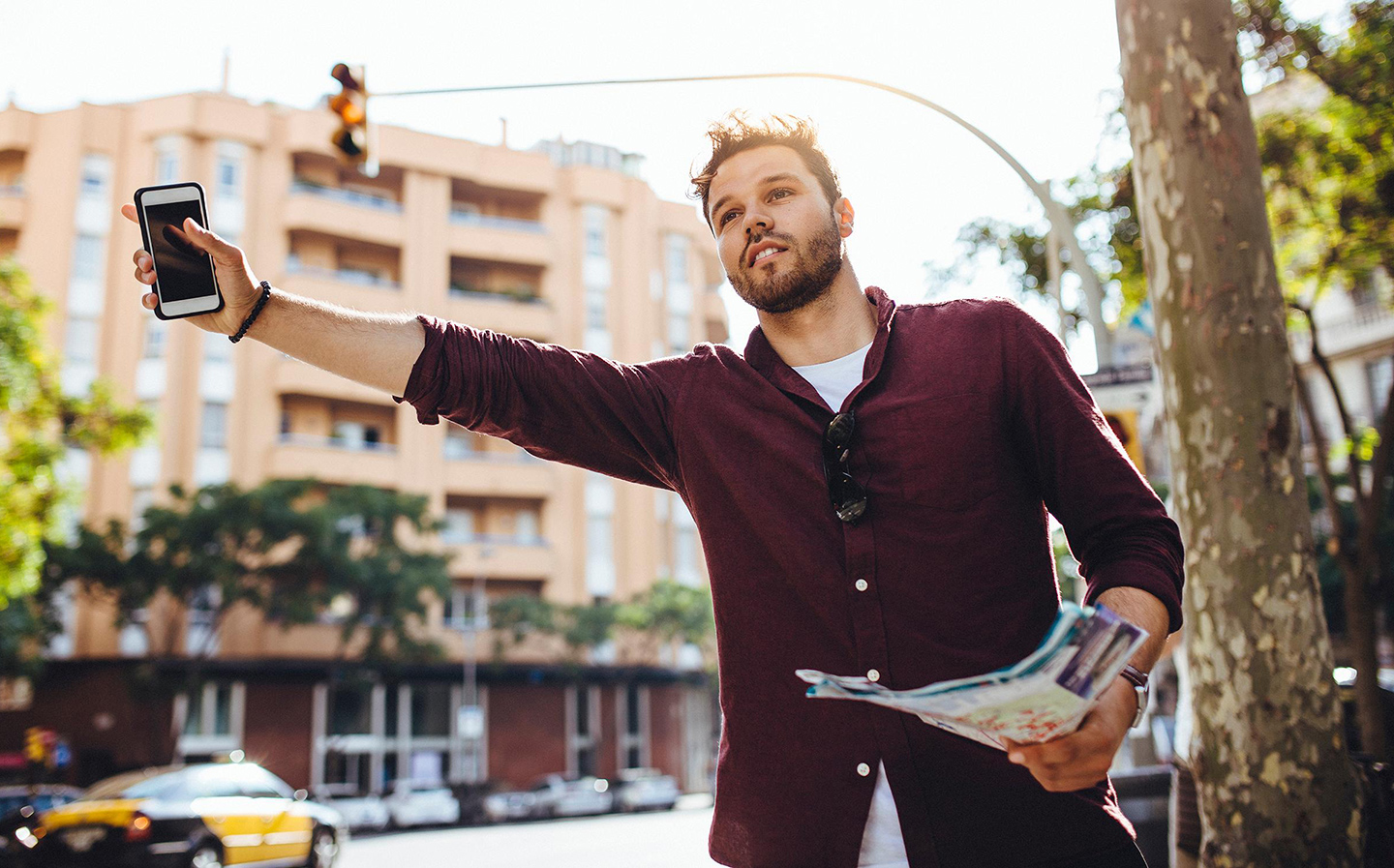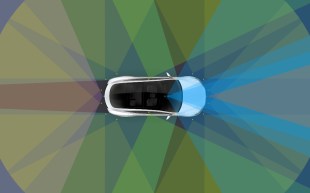Tech: why does a paper map beat using GPS on your phone?
If you rely on GPS to navigate through unfamiliar streets, you may make more mistakes. Let your brain take the strain instead.
LAST WEEK I did something that I haven’t done in years. I found an old A-Z street guide and used it to navigate across London. More importantly, I kept my smartphone in my bag. Why? Because I have noticed that in the past couple of years I’ve got worse at navigating, not better.
Finding your way through a city has always been a challenge. When smartphones arrived and then became GPS-enabled, you could pinpoint yourself as a blue dot on an electronic street map and see the quickest route to your destination. Surely it meant an end to getting lost.
In my case the reverse happened. I found myself getting more disoriented and spent time walking backwards and forwards to see which way the blue dot moved. At first I thought this was because I have a terrible sense of direction, but now I’m convinced my phone should take a share of the blame.
What has happened is that my brain has stopped making maps of its own. Pre-GPS, I had a good idea of where places were because I could visualise paper maps and remember landmarks.
The trouble with relying on smartphones is that we don’t transform our experience of looking at a digital map into a “cognitive resource”. That’s to say, it doesn’t stick in our brains the way a printed map does.
That’s partly because we don’t take in information from an LCD screen as well as from paper. Second, the old maps had a fixed orientation, feeding your brain consistent information. Our phones’ maps twist around.
Julia Frankenstein of Darmstadt Technical University in Germany has conducted research showing that this matters. She says using GPS degrades our ability to do the processing — calculating routes and distances — that equips us to hold maps in our heads.
Experiments in Japan found that walkers using GPS got to their destination more slowly than those using a paper map or their memory. The GPS users made more mistakes and had a reduced sense of where landmarks were.
So now a dog-eared copy of the once-universal A-Z is getting me to meetings on time.
Michael Brooks is a consultant to New Scientist magazine





